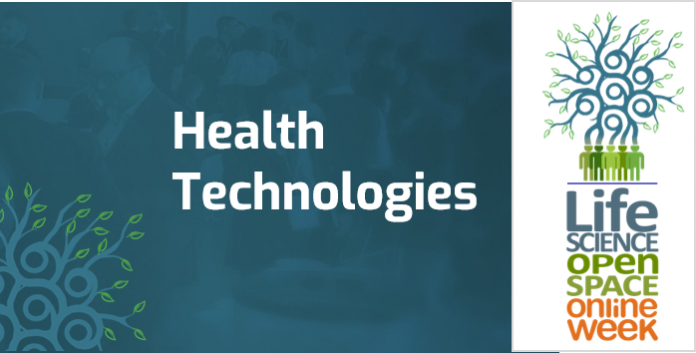
Subject: Decoding epigenetics – towards a truly personalized medicine
Introduction – the problem:
Epigenetics is the study of stable, heritable changes in gene function that do not change the DNA sequence itself. This is achieved by
additional modifications that are added to the DNA. So-called epigenetic modifications play an important role as personalized
markers for cardiovascular, diabetic and cancer diseases. Antibodies are often used for the detection of these modifications, but it has been shown that antibodies harbor problems of low sensitivity and selectivity. Based on innovative biochemical workflows in combination with a mass spectrometer, EpiQMAx solves the problem of low sensitivity and selectivity of antibodies. The EpiQMAx method is a platform technology that delivers fast, quantifiable and multiplexed analyses for epigenetic modifications. The current offer covers the complete process cycle and analysis for the detection and quantification of epigenetic modifications. Thus, EpiQMAx already serves clients from industry and research institutes with a growth rate of more than 75%.
The offer – the solution:
The EpiQMAx technology platform is currently applied for biomarker discovery and drug safety assessment. With further investment,
EpiQMAx will initiate the application in physical exercising and liquid biopsy for early cancer detection. In both aspects, epigenetic modulation is highly relevant. We are currently searching for industry partnerships, that support us in developing our platform further. We envision a fully automated and digitalized platform with artificial intelligence by the end of 2022. Therefore, we look for industry expertise and strong partnerships in the field of liquid biopsy and epigenetics.
NAWIĄŻ KONTAKT:
Dr. Völker-Albert
EpiQMAx GmbH


